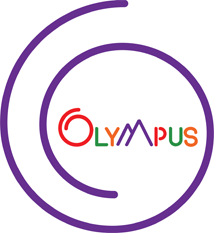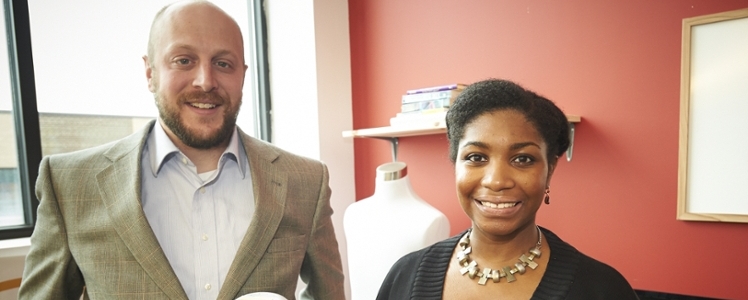Thursday, September 3, 2015
*"AbiliLife" Founder Finds Support In Pittsburgh's Biotech Industry
For individuals with Parkinson’s disease, postural instability is a daily challenge. Courtney Williamson knows this reality well. Her mother was diagnosed with Parkinson’s when she was a toddler so she’s experienced firsthand the struggles facing those with alignment issues.
“Living with someone with Parkinson’s or a movement disorder, you get to learn how to be creative in way to help them with daily activities,” explains Williamson. Unable to find solutions or products that could remedy her mother’s balance issues, Williamson embraced her resources as a Carnegie Mellon University PhD candidate and started her own company, AbiliLife.
Although she was in CMU’s business school studying Organizational Behavior and Theory, she joined a small collaborative group of students that shared a common interest: biomedical technology. After networking on campus and around the city and finding help from groups like AlphaLab and Project Olympus, Williamson and the AbiliLife team have invented a vest-like support apparatus for individuals with Parkinson’s called “Calibrace.”
The “Calibrace” will be available for distribution once AbiliLife is able to fund the project, according to Williamson. An Indigogo crowdfunding campaign is set to kick off in September.
A Baltimore native, Williamson says she doesn’t think she could have gotten the same level of education or started her own business had she not chosen to attend Carnegie Mellon and live in Pittsburgh.
“Pittsburgh is built off of this idea of innovation and entrepreneurship and it’s something that runs through their blood and veins.”
Williamson admits that diversity is rare in the biotechnology field. She says she’s often one of the only women or minority guests at biotech networking events.
“I definitely believe that women and minorities have a role in this space,” she explains, “but I don’t think we’ve populated those roles.”
When “Calibrace” is fully funded and patented, Williamson says she’d like to partner with Pittsburgh manufacturers and continue collaboration with health science and technology experts at Carnegie Mellon. Read More»
By: Essential Pittsburgh

